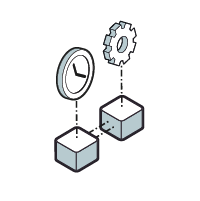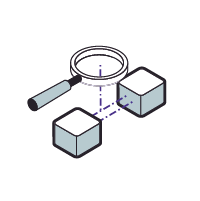Key concepts
Data contracts
Data contracts are a critical element of modern data management, offering a way to regulate the use and handling of data in a clear, agreed-upon manner. They are akin to Service Level Agreements, but instead of services, these contracts pertain to data and the relationship between the data provider and consumers.
Primarily, data contracts are designed to guarantee the reliability and quality of data, thereby building trust amongst all involved parties. They act as an agreement for managing data across different organisations or within one company, ensuring that data dependencies are properly handled, and potential issues like schema changes or downstream data quality problems are addressed proactively.
Key components of a data contract can include:





The implementation of data contracts falls on the shoulders of data leaders, with input and buy-in required from all stakeholders involved with data consumption. Although they might need occasional updates and version control tweaks, they generally do not demand substantial ongoing maintenance once they are set up.
Interestingly, data contracts are closely aligned with the data mesh approach to data management. They are invaluable tools when data is viewed as a product, and multiple teams contribute to its maintenance and governance. In this context, data contracts help ensure a smooth, transparent operation.
Kindata offers a robust platform to support data contracts, reinforcing data reliability, quality, and trust within your organisation. While we remain data platform agnostic, our solution aligns with the core principles of Data Mesh and Data Products, empowering you to leverage the benefits of data contracts in a streamlined, efficient manner.
